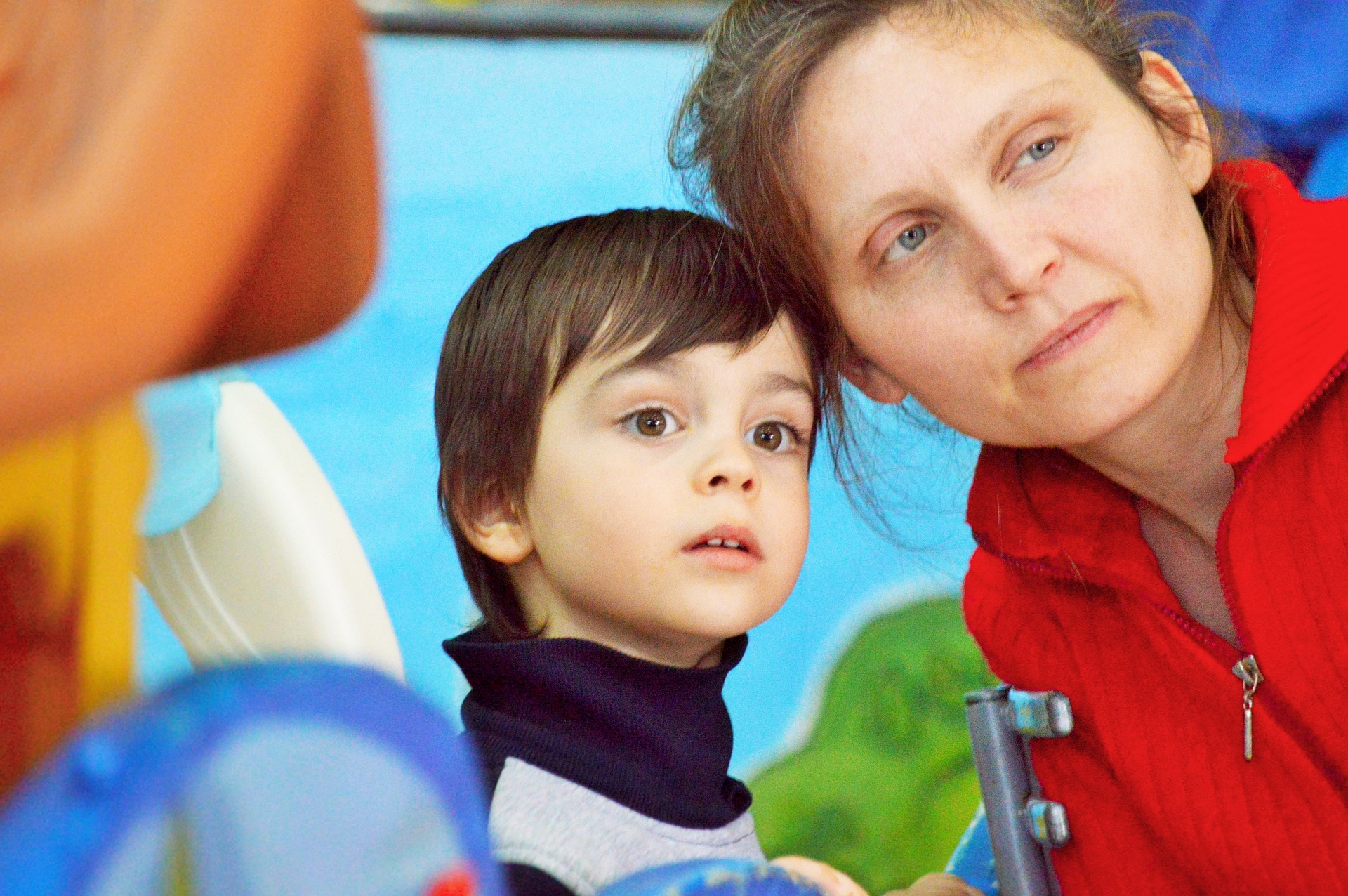Children naturally expect love and protection from their parents but there are times when some parents forget this God given duty and instead become something else. Are you are good parent? Are you guiding your children towards the right direction or are you doing bad parenting?
1.NEGLECT
I know that one of the first ways to spot bad parenting is if the parent is completely ignoring the child, and not meeting their basic needs. If the parent does not care about the child enough to pay attention to them, then they are neglecting their child. Parents need to nurture and spend time with their children in order for them to grow up as social people, so if you suspect there’s neglect going on, consider stepping in.
2.OVER-PROTECTION
This is the other extreme, the opposite of neglect. You shouldn’t ignore your children, but you shouldn’t be over-protective either. If people are over-protective of their children, eventually when they become teenagers they will rebel and possibly damage themselves in the process just because it is against their parent’s will. Of course, some of this rebellion is part of the natural teen experience, but still and all, by over-protecting a child, you’re doing them something of a disservice.
Sourced from:http://parenting.allwomenstalk.com/sure-ways-to-spot-bad-parenting
Bad parenting has taken another trend. There is this habit of posting your children’s photos online. Yes of course you would like to show how cute they are and the joy they bring into your life but did you know the kind of danger you are putting them in?
As Sonia Livingstone, professor of social psychology at the London School of Economics, and an expert on children and the internet says, the nature of what is being posted is important: “I think we should start with the question of cost – if you post a picture of your child with the mark of the devil on their arm, or in a temper tantrum, perhaps that will have a future cost. It’s not all pictures, but certain pictures that are problematic.”
According to the online recruitment site Career Builder, around a fifth of employers use social networking sites to research job candidates, and close to 59% say they would be influenced by a candidate’s online presence. University admissions tutors are also rumoured to Google candidates, although the extent to which this occurs is unknown.

“If you put information out there, you are a possibly putting your child at risk in the present, and you could be putting them at risk in the future,” says Livingstone. “We don’t really have a good sense of how likely this is, but both are only likely to increase.”
Sourced from:http://www.theguardian.com/technology/2014/sep/21/children-privacy-online-facebook-photos
Parents should start taking the issue of online photos very seriously. Even good parents do fall victim when it comes to this. It has already been proven that pedophiles like photos of kids on social media. Do not expose your child to danger.
Police on Wednesday urged parents to think twice before posting photos of their children on social media as their images may be altered digitally by predators and used as child porn material.
Through its Facebook account, police posted a screenshot of a photo of a young boy playing in the sea posted by his mother on her Facebook account and underneath, they wrote “Loucas Peeping Tom likes this” in a similar manner to the way the social media forum informs its users when someone likes their posts.
“Each of us is free to display photographs of their personal or family moments on social media,” police commented, but “as parents we must be concerned by posting photos of our underage children online”.
The practice can be dangerous, the police warned, as cases investigated by the police office against cyber crime have uncovered paedophile files of images of children who are either dressed in light clothing or naked on the beach or in the bathroom.
Sourced from:http://cyprus-mail.com/2016/02/03/parent-warned-about-posting-childrens-photos-online/



